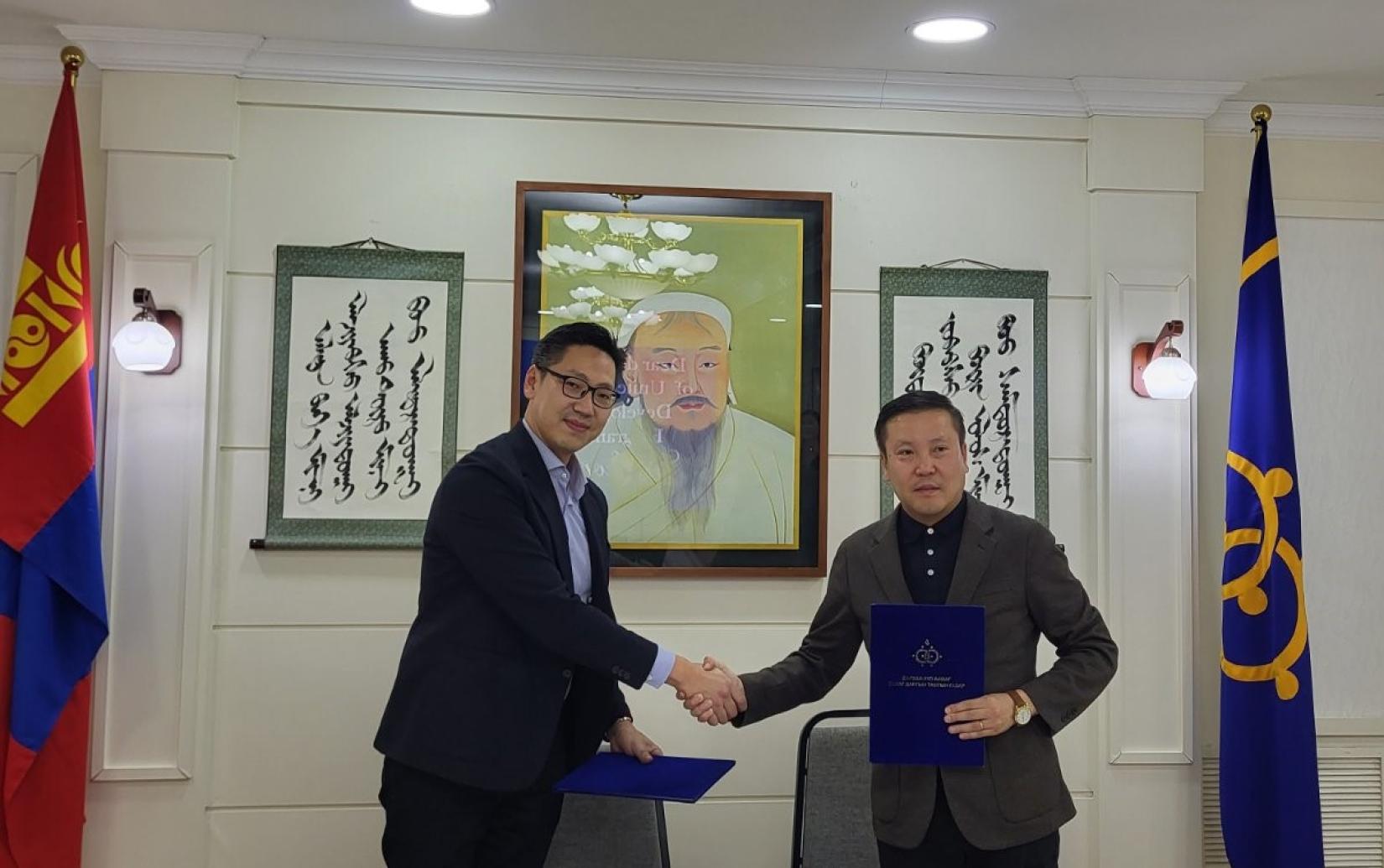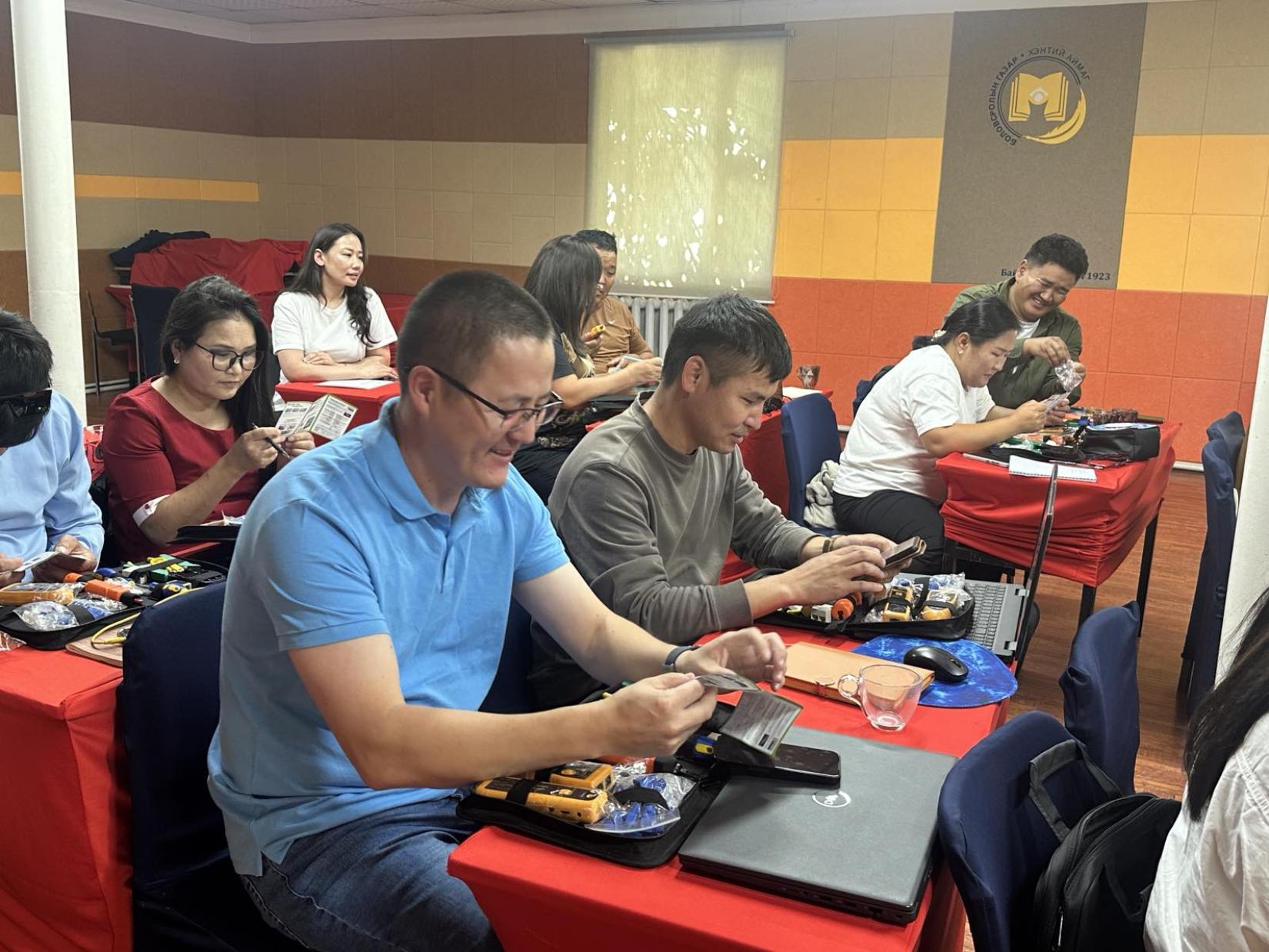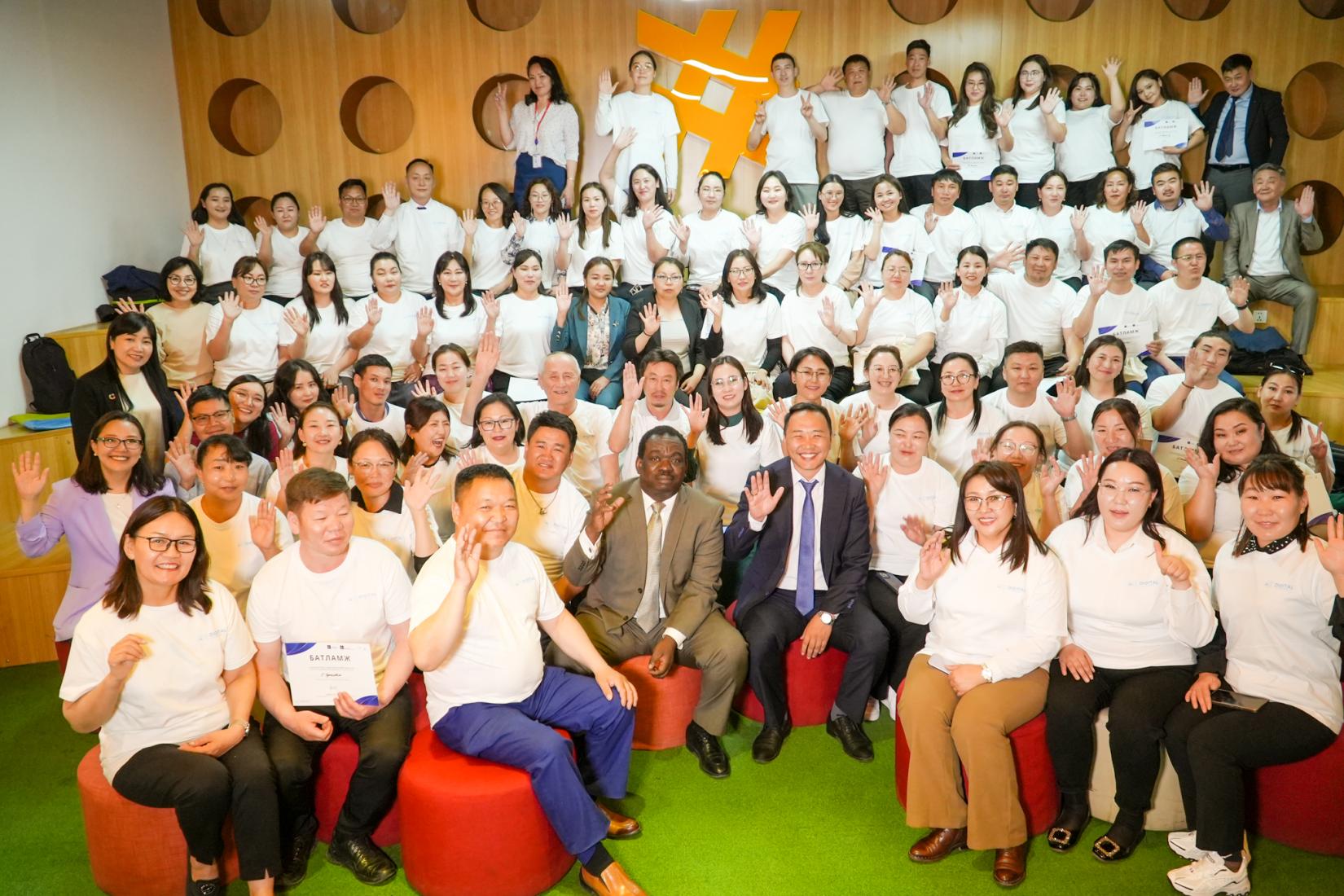UN supports Mongolia’s effort to enhance digital literacy nationwide

Building the digital skills of the citizens, particularly in remote and underserved communities, is a vital step toward Mongolia’s goal.
Building the digital skills of the citizens, particularly in remote and underserved communities, is a vital step toward Mongolia’s goal of becoming a digitally connected nation. With a focus on its nomadic population, Mongolia aims to empower its people through accessible and inclusive digital services.
The Government’s Digital Nation Strategy with its e-Mongolia initiative, a successful platform for delivering public services, strives to reach every corner of this vast land, connecting diverse social groups, including nomadic communities.
In support of this vision, the UN’s joint programme on strengthening digital e-Mongolia services is working closely with the Government to increase digital literacy, expand access to digital services, and empower marginalized communities. This UN Joint Programme, led by the UN Resident Coordinator, is being implemented by UNDP as the Lead Partner UN Organization (PUNO) along with UNICEF, focuses on Darkhan-Uul, Khentii, Dornod, and Ulaanbatar.
Darkhan-Uul: A Model for Digital Transformation
The programme began in Darkhan-Uul province, which is set to become an "Exemplary Digital Province" in Mongolia. As the central region's pilot hub, the province has become a focal point for on-site implementation efforts of the joint programme, with a strong commitment from the local administration.
"We are delighted to collaborate on this project to deliver faster and more accessible public services via online to the citizens of our province and also enhance our citizens' digital literacy," said Soyolmaa Namkhaijav, Head of Government E-Services Department, Darkhan-Uul Province.
In response to critical needs for digital skills, the programme is partnering with the provincial administration to establish Mongolia’s first Digital Training Facility (DTF). This facility will be crucial in providing basic digital skills to underserved rural areas, equipping citizens with essential tools for the digital age.

As part of e-Mongolia, the "KhurDan" (translated as “fast” in English) digital service kiosks will improve the accessibility and efficiency of public services. A mobile unit, designed to bring digital literacy directly to communities, is also in the works. The local administration has committed a vehicle for this unit and a venue for the training facility, demonstrating strong support for the programme.
Empowering Communities Through Education
The programme is developing a customized curriculum and training modules for both local communities and public servants. Schools, recognized as key community pillars, play a central role in this initiative. A network of Digital Community Information Workers (DCIWs) has been established in schools to enhance digital skills and connectivity.
“I learned a lot from the training on the proper use of information technology and obtaining information in digital space. Besides learning some of the hard skills on ICT, I am also now able to teach my students digital skills to safely surf the internet while ensuring their safety online,” said N. Erdenetuya, a teacher in Oyunii Ireedui School in Darkhan-Uul province.

On 22 May, the programme launched its year-long training efforts with an orientation session for 60 teachers from 30 schools, along with local education officers. This training, designed by digital literacy experts and supported by Giga (a joint initiative between UNICEF and ITU), is accessible and relevant to all participants.
By improving school connectivity, trained DCIWs help bridge the digital divide, allowing students, teachers, and parents to access vital digital resources and services. This initiative also provides tailored training for parents, empowering them to support their children’s learning and development.
A Digital Future for Mongolia
“Digitalization is a key to unlocking Mongolia’s potential to reach sustainable and inclusive development. By building digital literacy of the most marginalized and remote nomadic communities, this joint programme will be instrumental support to enable Mongolia to become a Digital Nation,” said Tapan Mishra, UN Resident Coordinator.
The Joint Programme on Digital E-Mongolia Services and Communities implemented by UNDP and UNICEF, in collaboration with the Ministry of Digital Development, Innovation and Communications of Mongolia, envisions providing much-needed training and skills for at least 3000 citizens, half of whom are women, in the three target provinces and Ulaanbaatar City.
Additionally, the programme will train 12 master trainers, who will, in turn, train 300 public servants—again, with equal representation of women—at both the national and subnational levels.
Thanks to seed funding from the UN Joint SDG Fund, this initiative represents an important first step in Mongolia’s digital transformation. The UN Mongolia team aims to scale up this programme, ensuring long-term impact and a more inclusive, connected society.
The UN Mongolia team would also like to express gratitude to the European Union and the governments of Belgium, Denmark, Germany, Ireland, Italy, Luxembourg, Monaco, the Netherlands, Norway, Poland, Portugal, the Republic of Korea, Saudi Arabia, Spain, Sweden, and Switzerland for their contributions in accelerating progress towards the SDGs.









